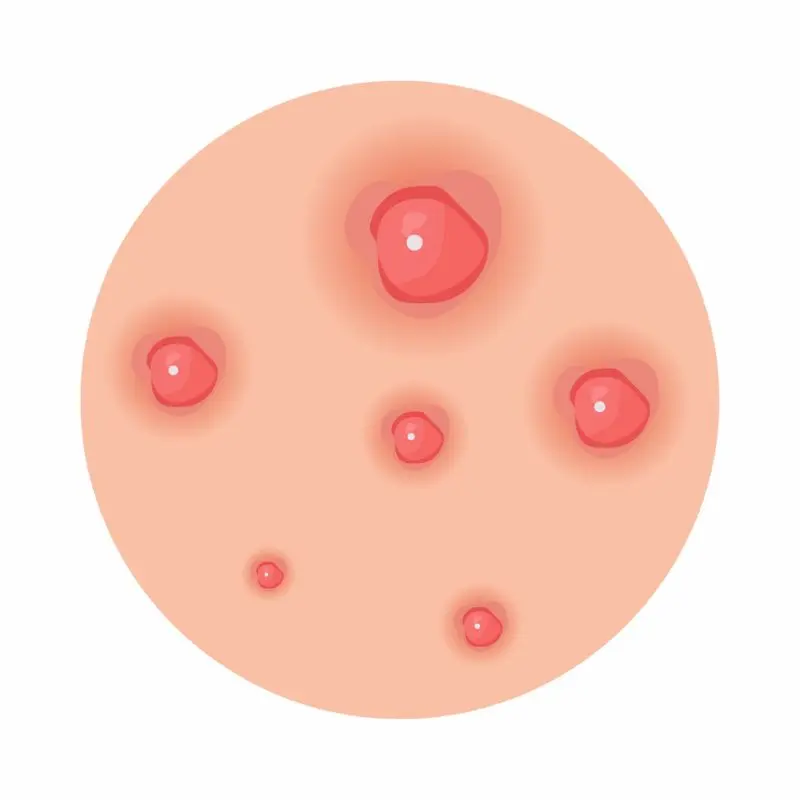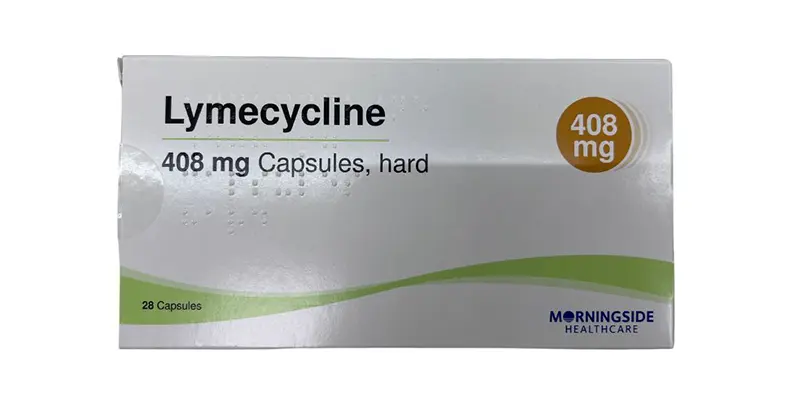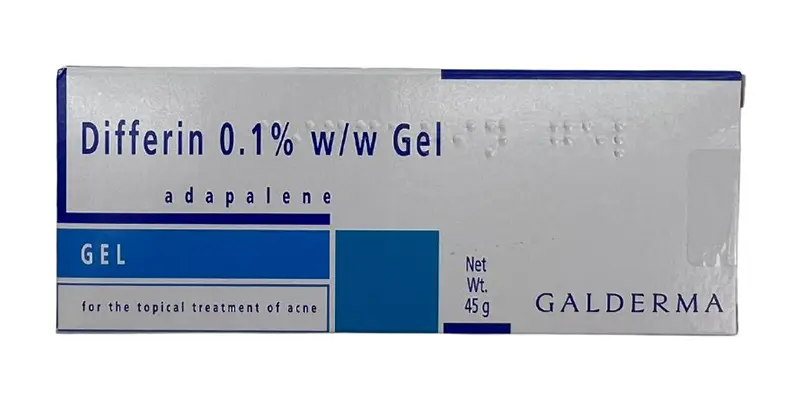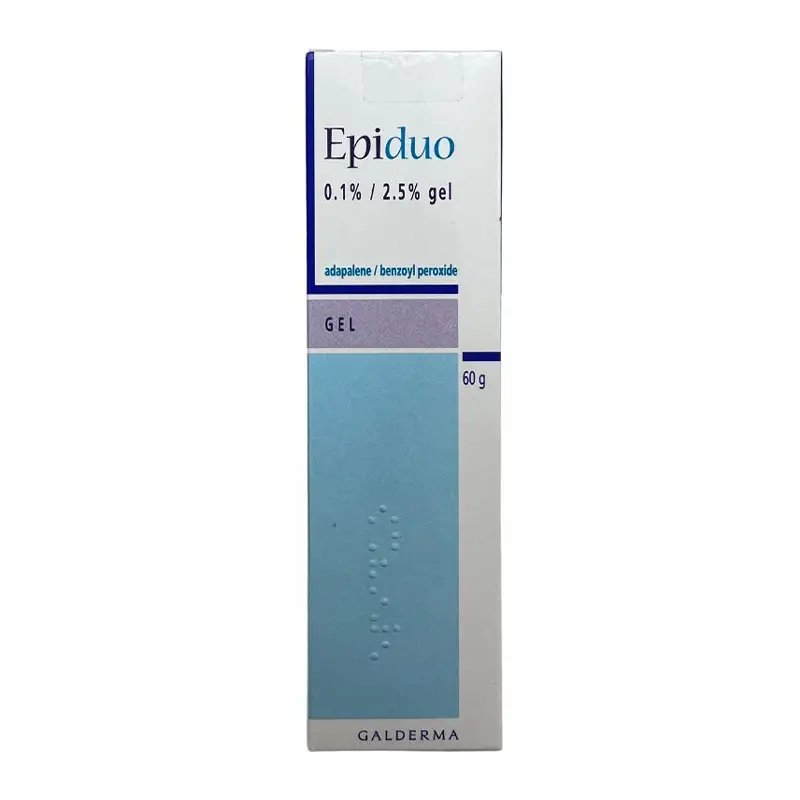
About Us
Acne
Acne is a common skin condition that occurs when hair follicles become clogged with oil, dead skin cells, and sometimes bacteria. This can lead to the development of pimples, blackheads, whiteheads, or cysts, typically on the face, chest, back, or shoulders. Acne often starts during puberty due to hormonal changes but can affect people of all ages. Factors like stress, diet, and certain skincare products can also make acne worse. While it is not dangerous, acne can cause discomfort and affect your self-esteem. Treatment options are available to help manage and reduce symptoms.
What Causes Acne?
Acne develops when hair follicles in the skin become clogged with excess oil (sebum), dead skin cells, and sometimes bacteria. This creates a perfect environment for inflammation and the formation of pimples, blackheads, and cysts. The main factors that contribute to acne include:
- Hormonal Changes: During puberty, pregnancy, or menstruation, hormonal fluctuations can increase oil production in the skin, leading to clogged pores and acne.
- Excess Oil Production: Overactive sebaceous glands can produce too much oil, making it easier for pores to become clogged.
- Dead Skin Cells: If the body doesn't shed dead skin cells effectively, they can accumulate in the pores, combining with oil to form blockages.
- Bacteria: The bacterium Propionibacterium acnes can thrive in clogged pores, leading to inflammation and the development of pustules or cysts.
- Diet and Lifestyle: Certain foods, stress, and even environmental factors like humidity can exacerbate acne.
Common Symptoms of Acne
Acne can present in several different ways, depending on the severity and the area affected. Common signs include:
- Pimples (Papules): Red, raised bumps that may be tender to the touch.
- Blackheads: Open comedones where the clogged material in the pore is exposed to air, causing it to oxidize and turn black.
- Whiteheads: Closed comedones where the clogged material remains beneath the surface of the skin.
- Cysts: Large, painful lumps beneath the skin filled with pus, often resulting in scarring.
- Nodules: Hard, large lumps beneath the skin’s surface that are typically more painful and can lead to scarring.
Risk Factors for Acne
Certain factors can increase your risk of developing acne, including:
- Age: Teenagers and young adults are most commonly affected, but acne can occur at any age.
- Genetics: If your parents had acne, you may be more likely to develop it as well.
- Hormonal Changes: Conditions like pregnancy, menstruation, and puberty can cause hormonal fluctuations that trigger acne.
- Medications: Certain medications, including steroids, can worsen acne.
- Stress: Increased stress levels may contribute to flare-ups by affecting hormone levels.
Treatment Options for Acne
Several treatments are available to help manage and reduce acne. These can be tailored to the severity and type of acne you have. Common options include:
- Topical Treatments: Creams, gels, or lotions containing ingredients like benzoyl peroxide, salicylic acid, or retinoids can help unclog pores, reduce oil production, and fight bacteria.
- Oral Medications: Antibiotics or hormonal treatments like birth control pills may be prescribed to reduce inflammation and oil production.
- Professional Procedures: For more severe acne, procedures like chemical peels, light therapy, or drainage of cysts can be helpful.
- Over-the-Counter Products: Mild acne can often be treated with over-the-counter products containing ingredients like salicylic acid or benzoyl peroxide.
- Lifestyle Changes: Maintaining a healthy skincare routine, eating a balanced diet, and managing stress can help improve acne.
Preventing Acne
While acne may not always be completely preventable, there are steps you can take to reduce its occurrence:
- Cleanse Gently: Wash your face twice daily with a mild cleanser to remove excess oil and dirt.
- Avoid Scrubbing: Scrubbing can irritate the skin and worsen acne.
- Don’t Pick or Squeeze: Picking at pimples can lead to scarring and spread bacteria.
- Use Non-Comedogenic Products: Choose skincare and makeup products labeled as non-comedogenic, meaning they won’t clog your pores.
- Stay Hydrated and Eat Well: Drinking plenty of water and eating a balanced diet with lots of fruits and vegetables may help support healthy skin.
When to See a Doctor
If acne is causing significant discomfort, scarring, or emotional distress, or if over-the-counter treatments aren’t effective, it’s a good idea to consult a healthcare professional. A dermatologist can provide personalized treatment options to help manage and improve your skin condition.






